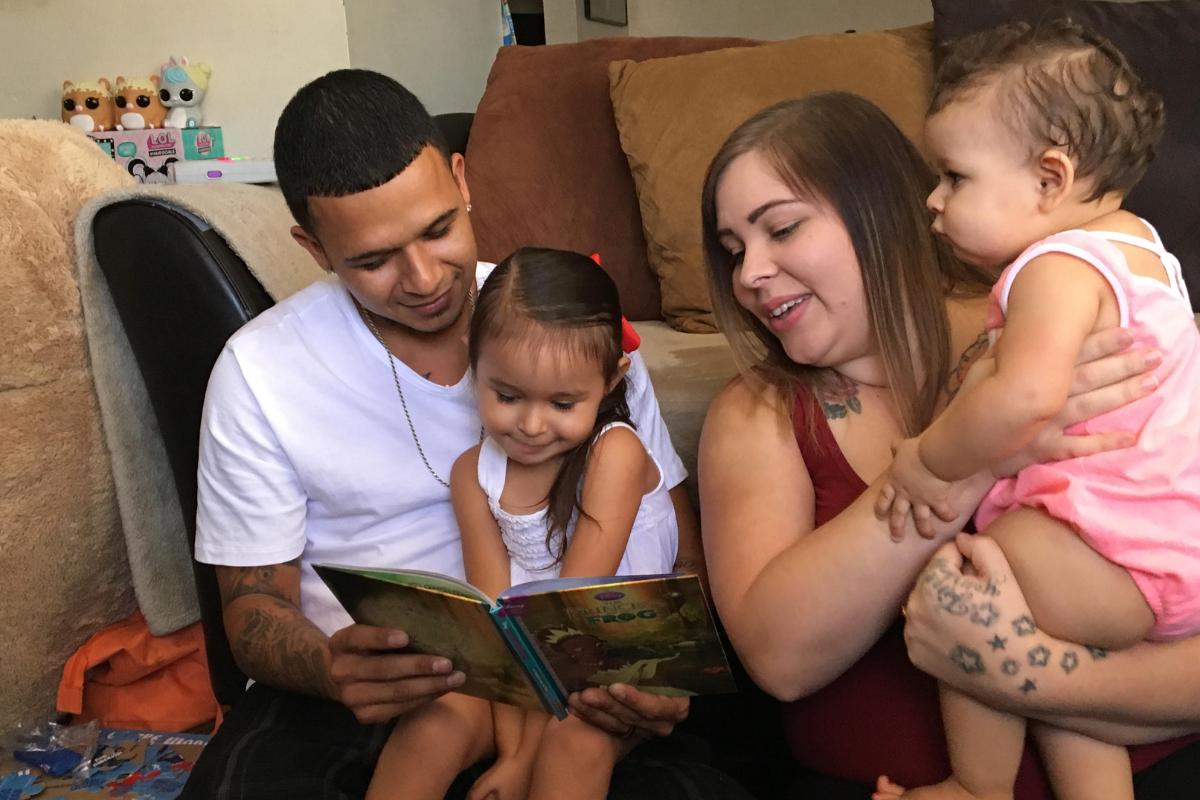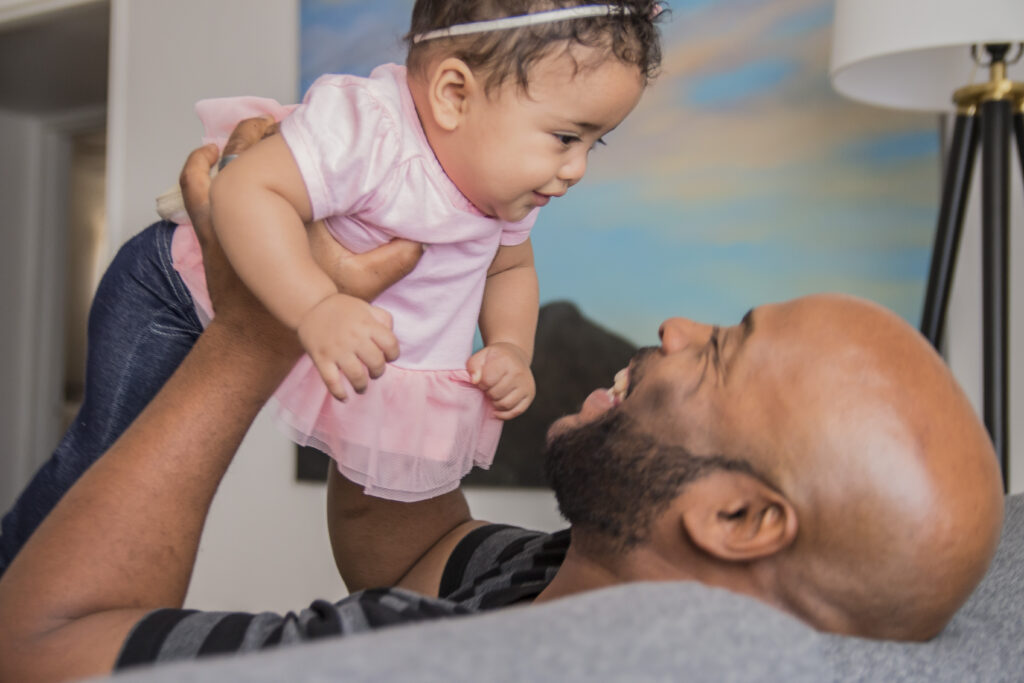
The early years are the best years to develop brain connections for school success
By: First Things First
Babies don’t come with instruction manuals. That’s why First Things First, Arizona’s early childhood agency, works to help families of young children feel confident in their role as their child’s first and best teacher.
From birth to age 5, a child’s brain grows more than any other time in their life. And the early years are the best opportunity to develop the brain connections they need to be healthy, capable and successful later in school. That’s why FirstThingsFirst.org has tons of resources for raising babies, toddlers and preschoolers. Everything from tips on how to make the most of tummy time for infants to learning how everyday back-and-forth interactions help to build early literacy skills.

When infants hear and use language, their brains develop the connections needed to learn how to read. A child’s first five years matter, especially when it comes to early literacy, which starts well before a child reaches a classroom. It begins before babies can talk and continues as they become toddlers and preschoolers. In fact, gaps in children’s vocabulary start to appear as early as 18 months.
By the time children are 3 and 4 years old their vocabulary, attention and general knowledge are predictors of third- and fourth-grade reading comprehension.
Quality daily interactions with the adults in their lives have a huge impact on babies who are building vocabulary and language. Children who have positive early childhood experiences tend to score higher on school readiness assessments and are more likely to do well in school and graduate.
First Things First funds early childhood programs in local communities to ensure that families across Arizona get the services they need most. This includes supports such as home visitation programs, parenting education and the Quality First program, which helps families have access to quality child care and preschool programs.
Visit FirstThingsFirst.org to find out about the free programs offered in your area. By turning everyday moments into learning moments, we can send our young kids to school with the skills and confidence that will help them succeed in kindergarten and beyond.
